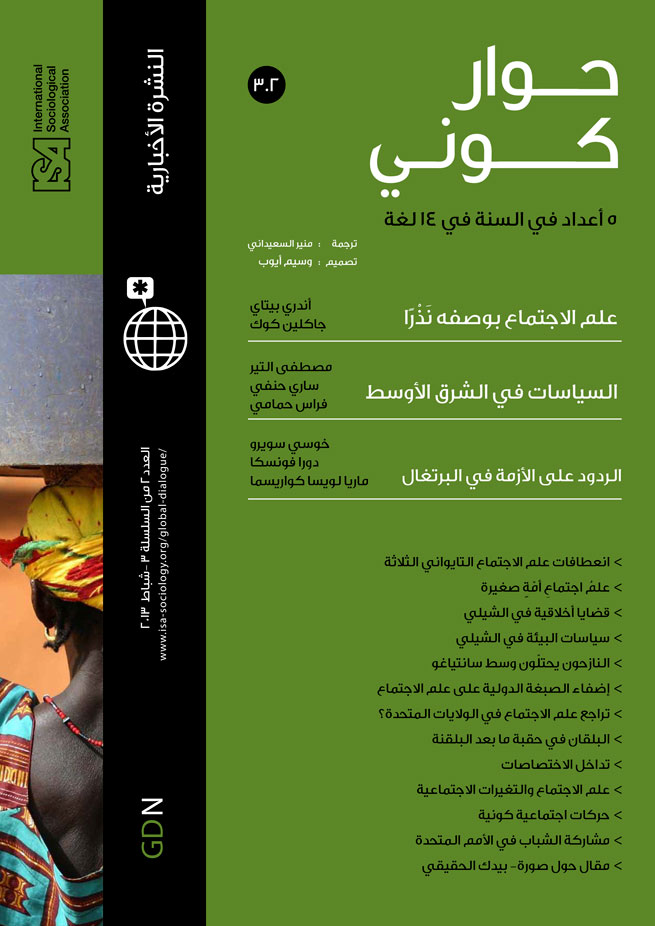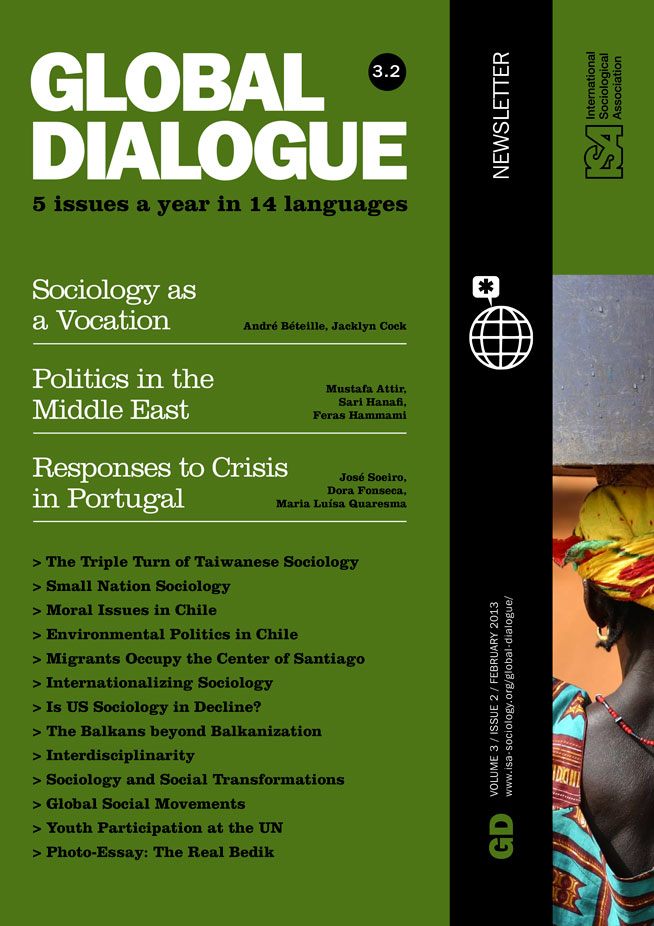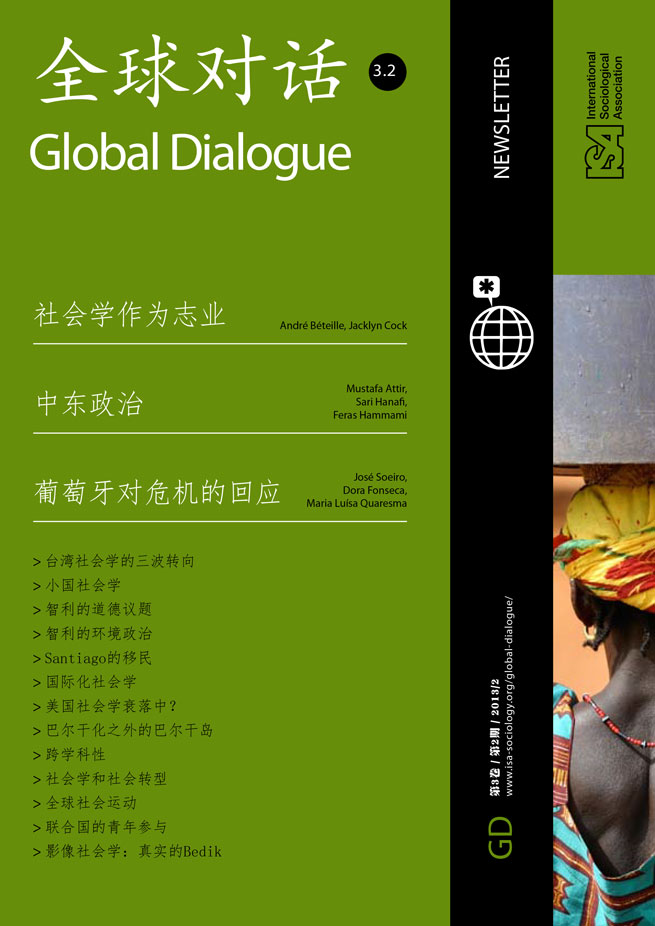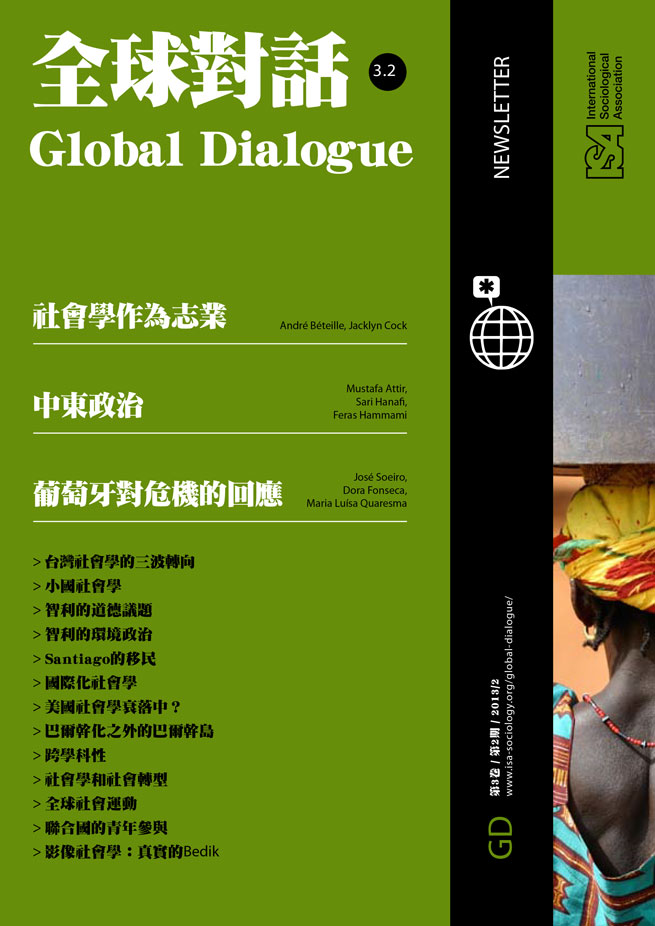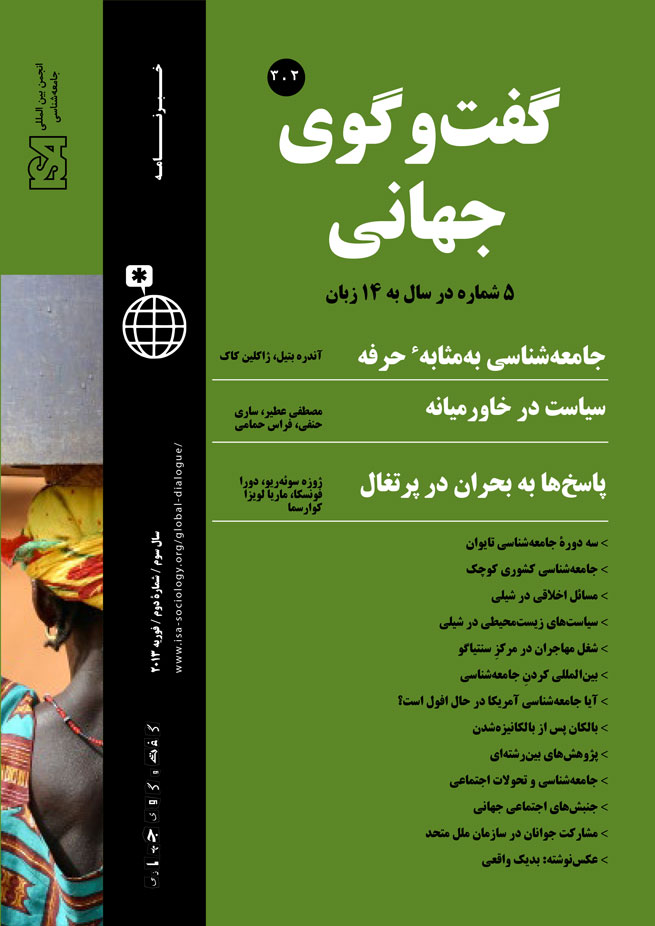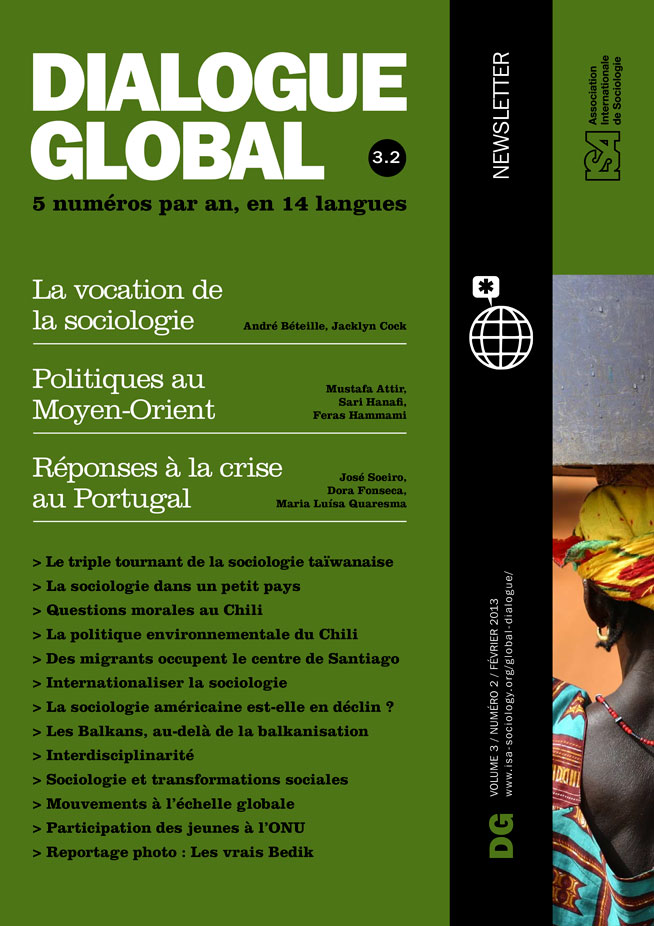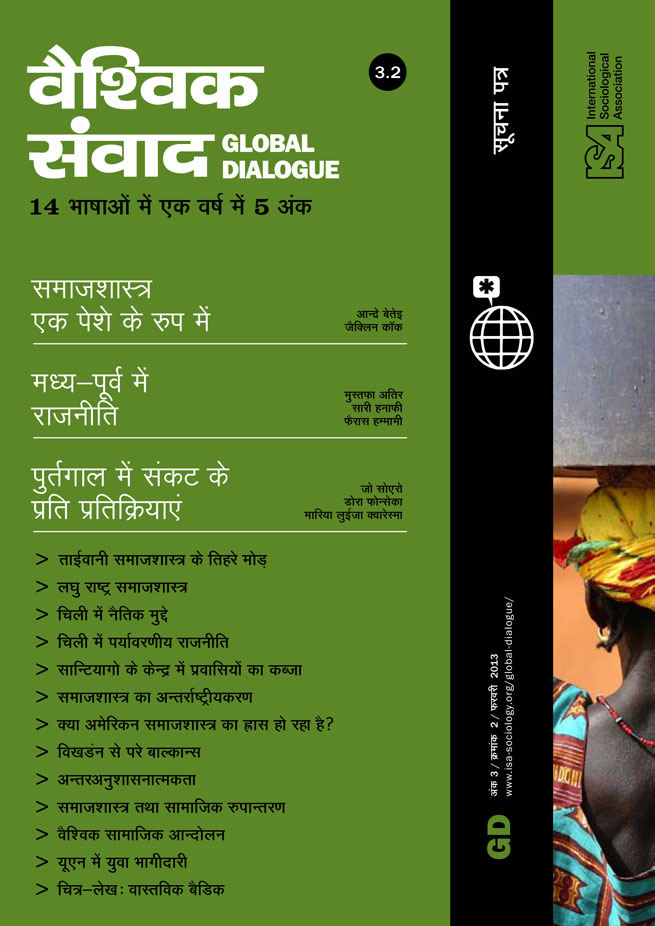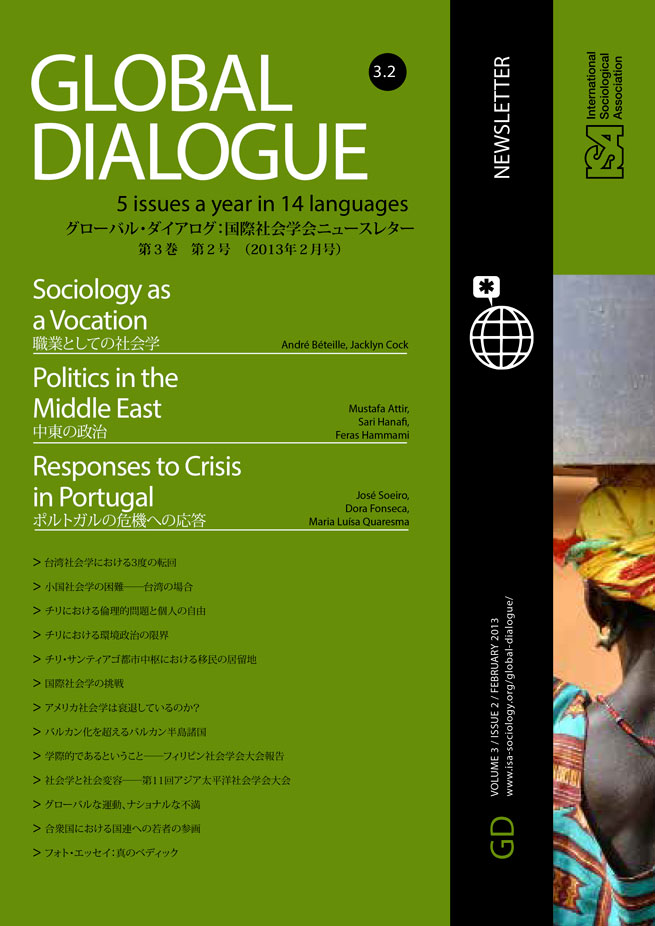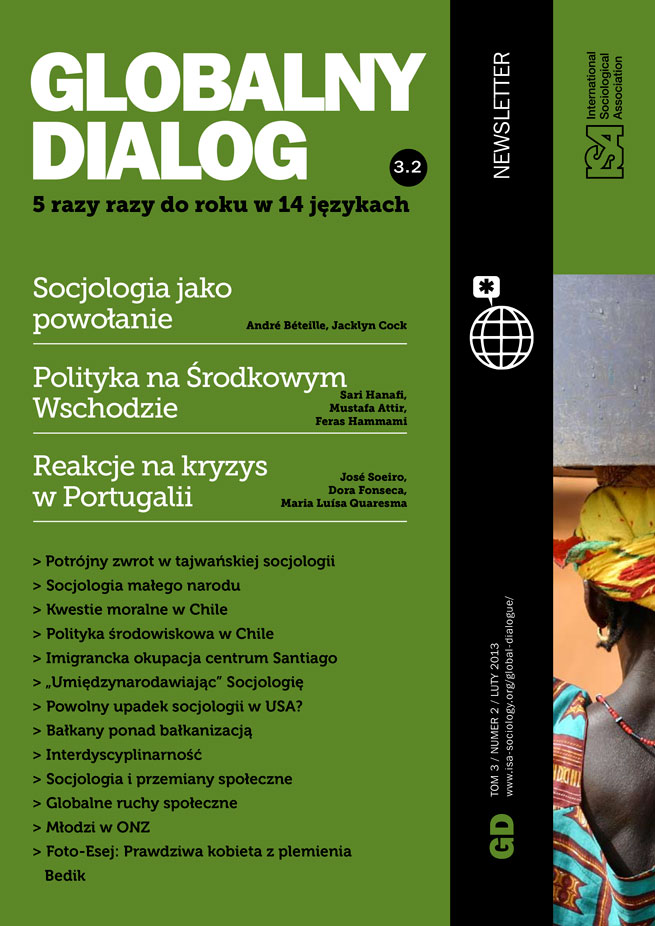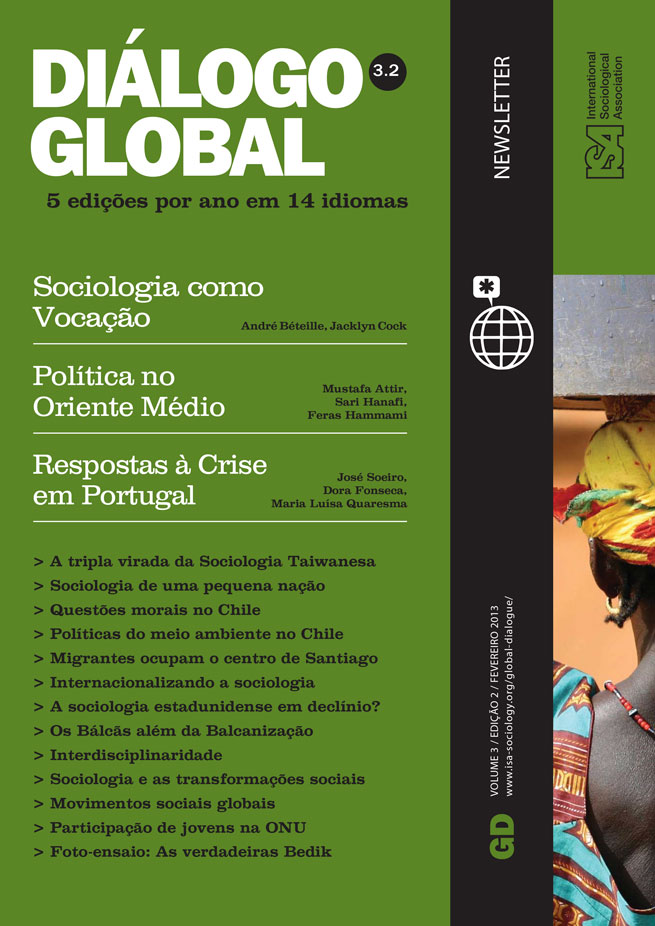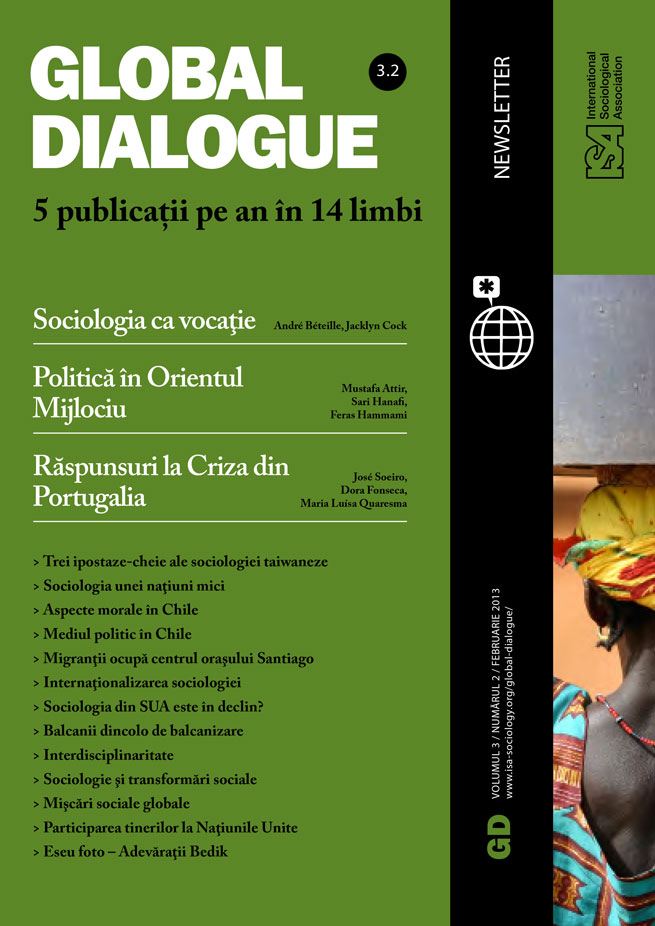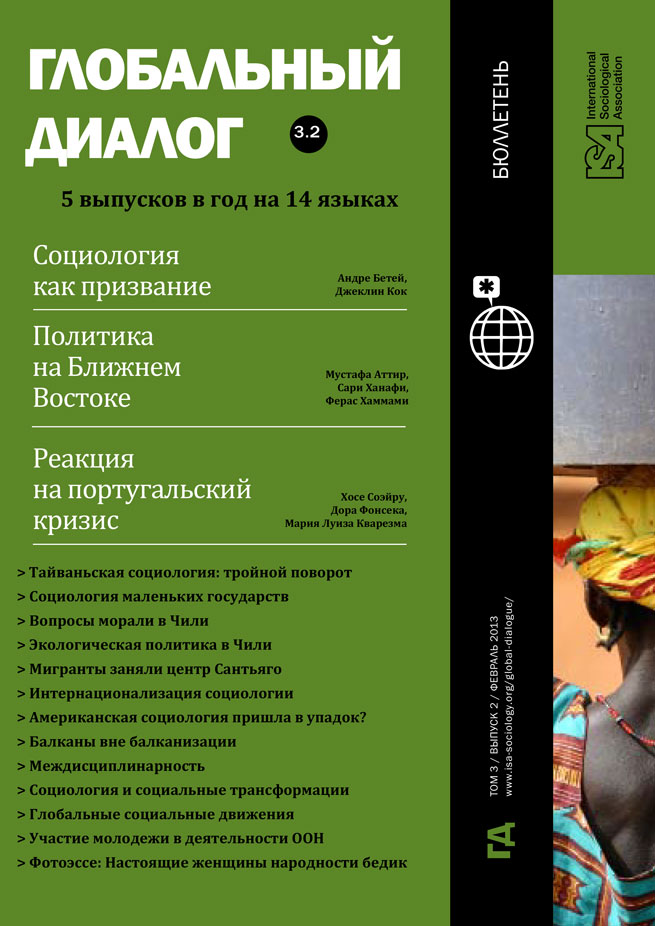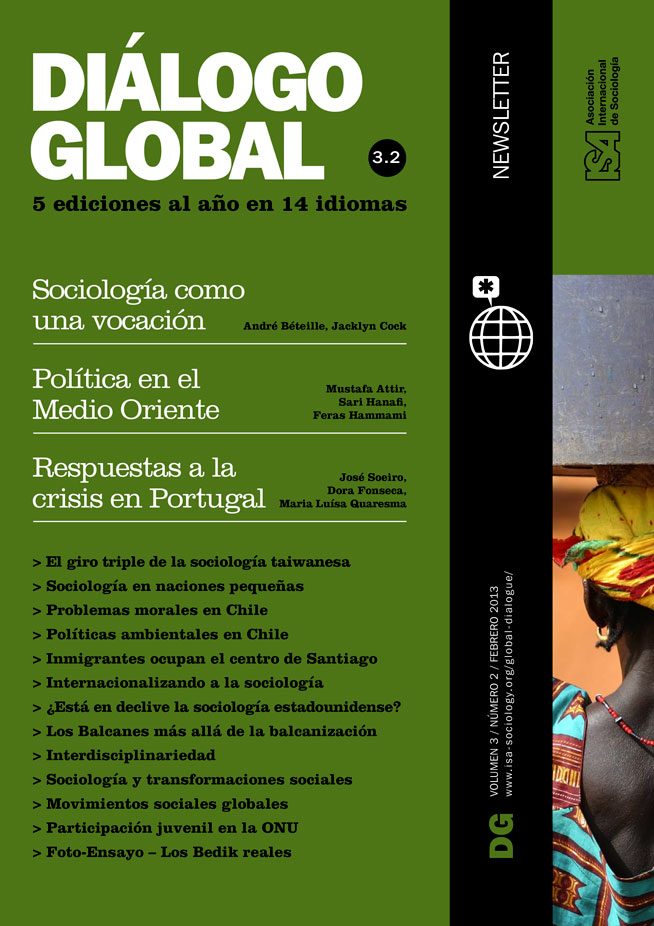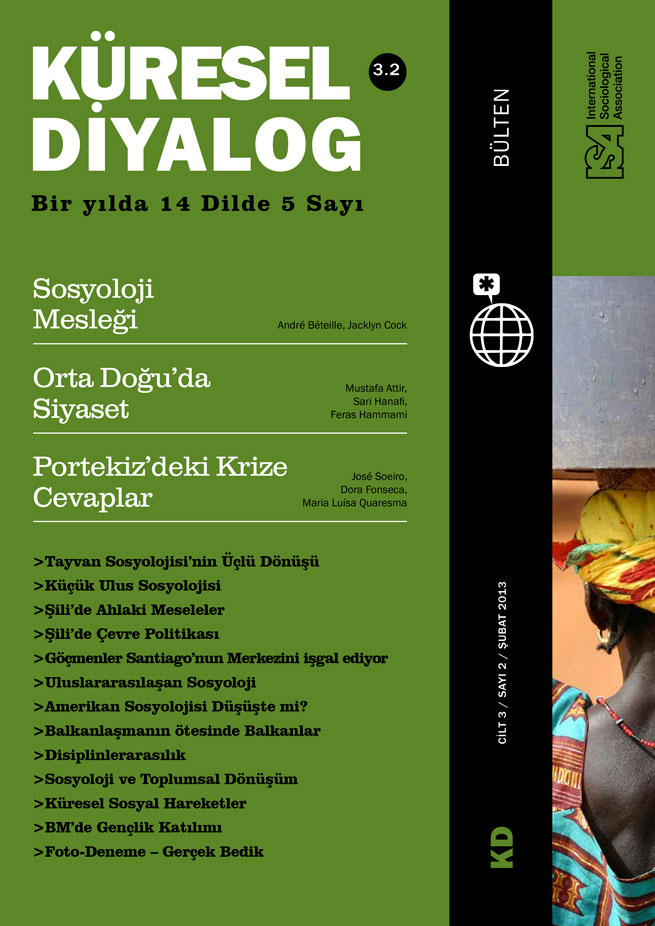Read more about Special Columns
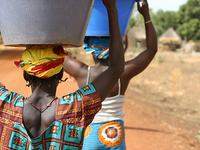
Photo-Essay – The Real Bedik
by Eryn Snyder
February 15, 2013
In 2012, I became the first youth representative for the International Sociological Association following the United Nations Department of Public Information (DPI) acted on the idea of the need for youth presence at the United Nations. As issues are debated and discussed, points of views vary due to national identity, race, and gender; however, diversity in age is rarely taken into account. Since extremely controversial issues are discussed as part of the goal for change and reform, the exclusion of youth can be detrimental to many of the initiatives the UN undertakes. The goal of involving youth is positive in itself because it creates future advocates for important NGO and UN causes. The younger generation can also help activists fight for their causes with the new technologies of reaching the public and raising awareness.
In March 2012 I attended a DPI/NGO briefing which featured a Felician College student on a panel discussion about using basic water sanitation to advance gender equality. Although the rare presence of a young person was inspirational, there was an immediate disconnection from the audience when she attempted to use Facebook. The audience was unresponsive to the instructions to “pull out” their cellphones and an older woman stated, “I don't even know how to text.” While young people may be comfortable using social media as one way to achieve NGO goals, the today’s activists do not share the same familiarity with modern methods of developing issue-awareness.
It is important to motivate youth to get involved in UN movements as social media and technology can be used to benefit NGOs in countless ways. However, to successfully involve youth and use our expertise, we must first be able to relate to the issues. One of the first NGO events I attended discussed the sexualization of children, as certain organizations are attempting to establish sexual education as a human right. When negative opinions towards homosexuality and sexual education in primary schooling were presented, I realized how unlikely it was that this brief would attract my generation. There are two ways to lose the interest of youth: bore us, or lecture us.
The breakdown of this invisible wall separating NGO activists and rising youth movements could give the UN the best of both worlds that can only benefit humanitarian efforts for change and reform.
Jovanni Rodriguez, John Jay College of Criminal Justice, New York, USA
This issue is not available yet in this language.
Request to be notified when the issue is available in your language.
If you prefer, you can access previous issues available in your language:
